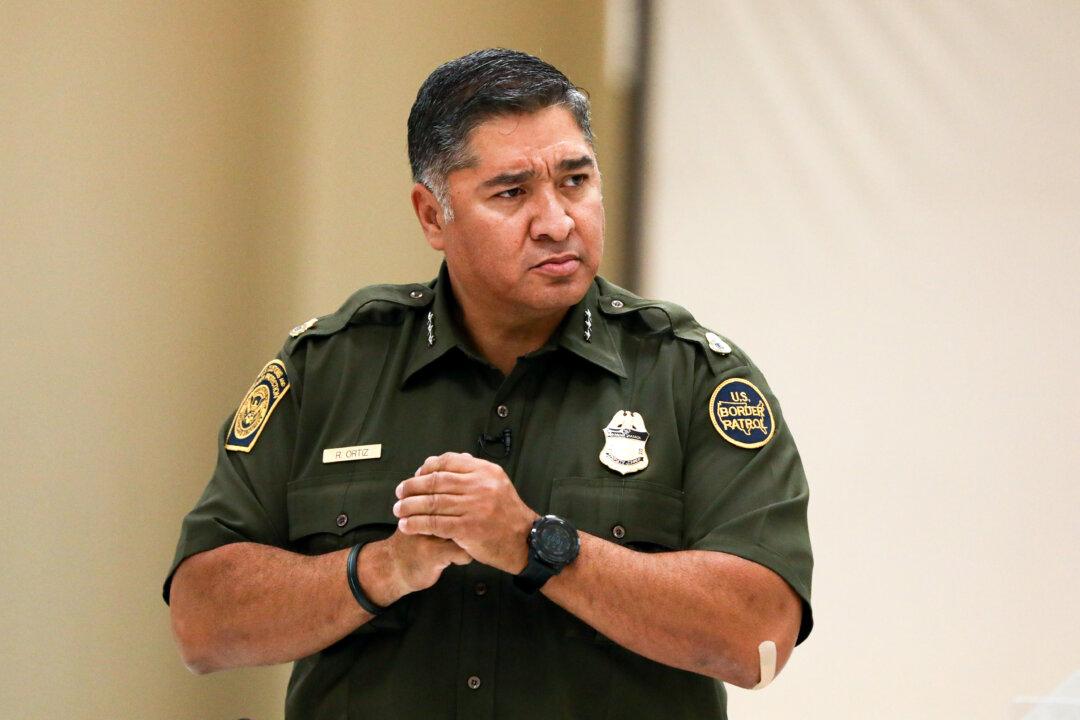Border Patrol Chief Raul Ortiz will retire next month after more than three decades with the agency, he has announced.
“After a 32-year Border Patrol career spanning multiple Sectors, HQ tours, and overseas assignments in Afghanistan, I have decided to retire from federal service on June 30th,” Ortiz wrote in an email to employees, which was obtained by the Daily Caller News Foundation.




